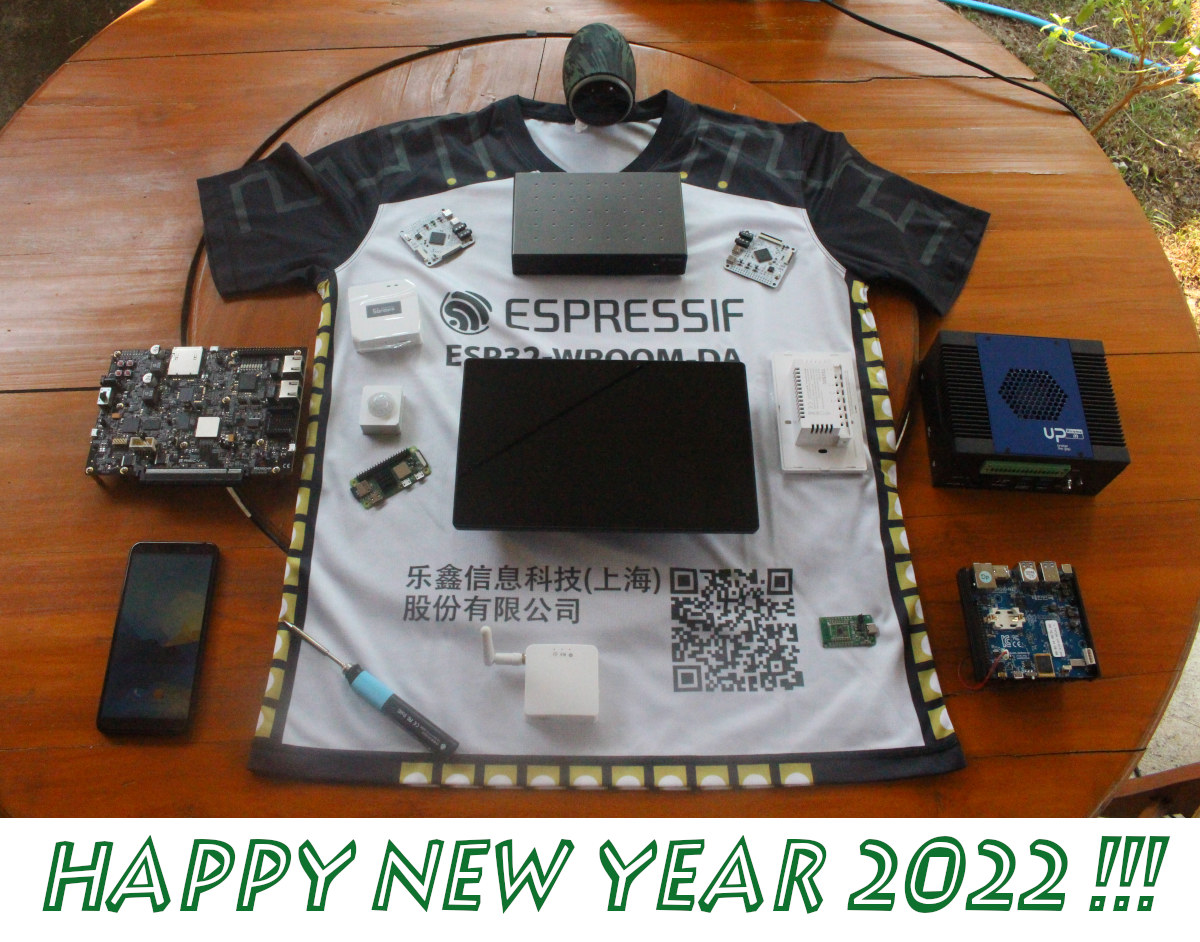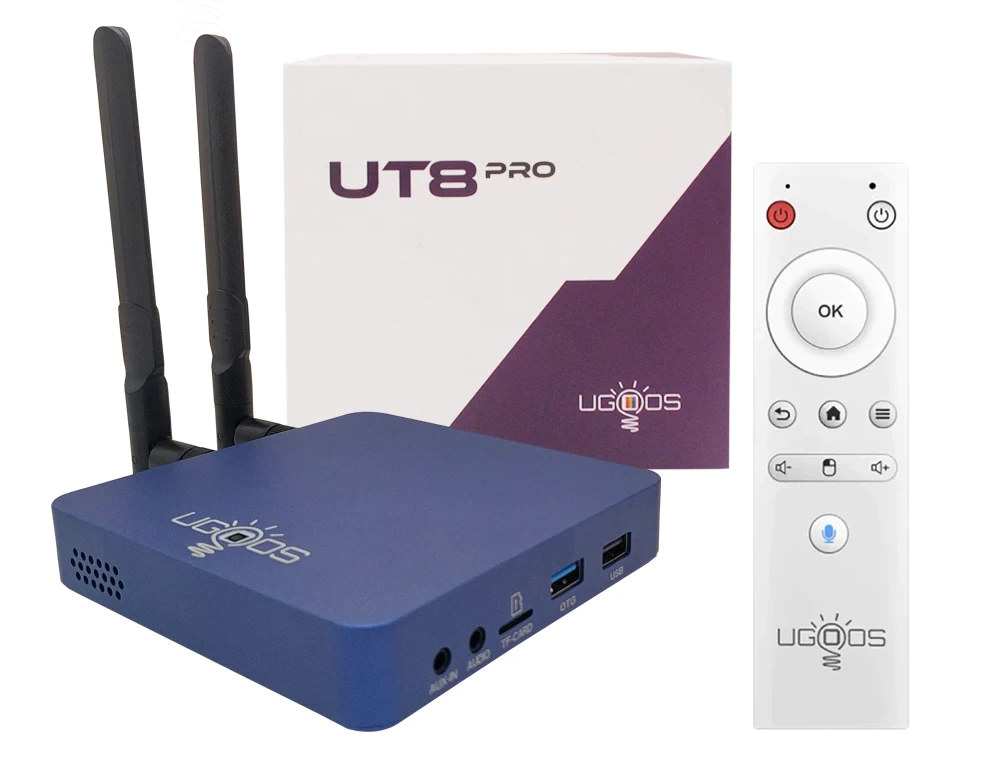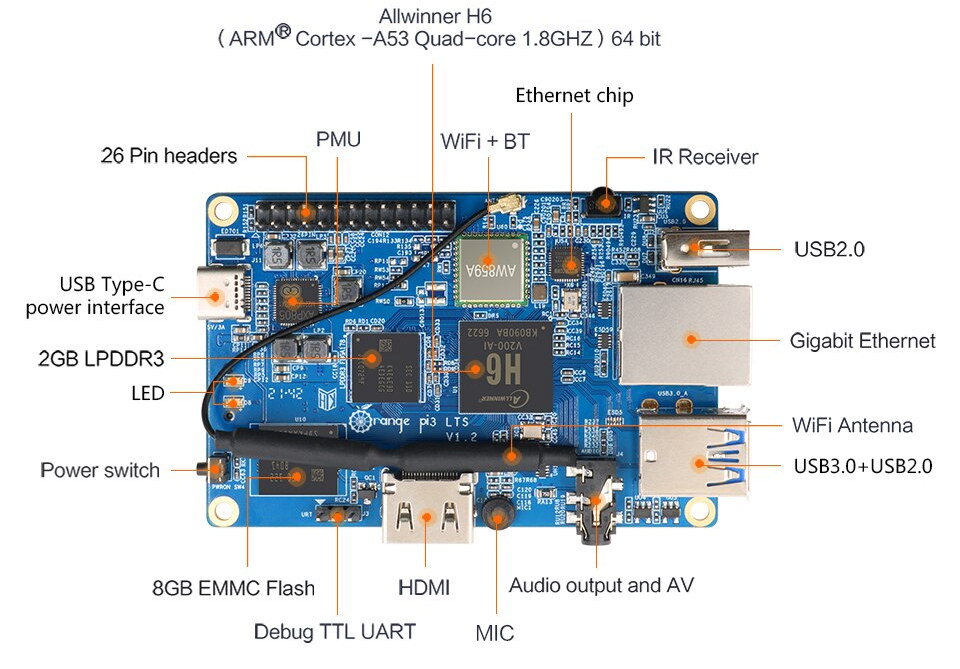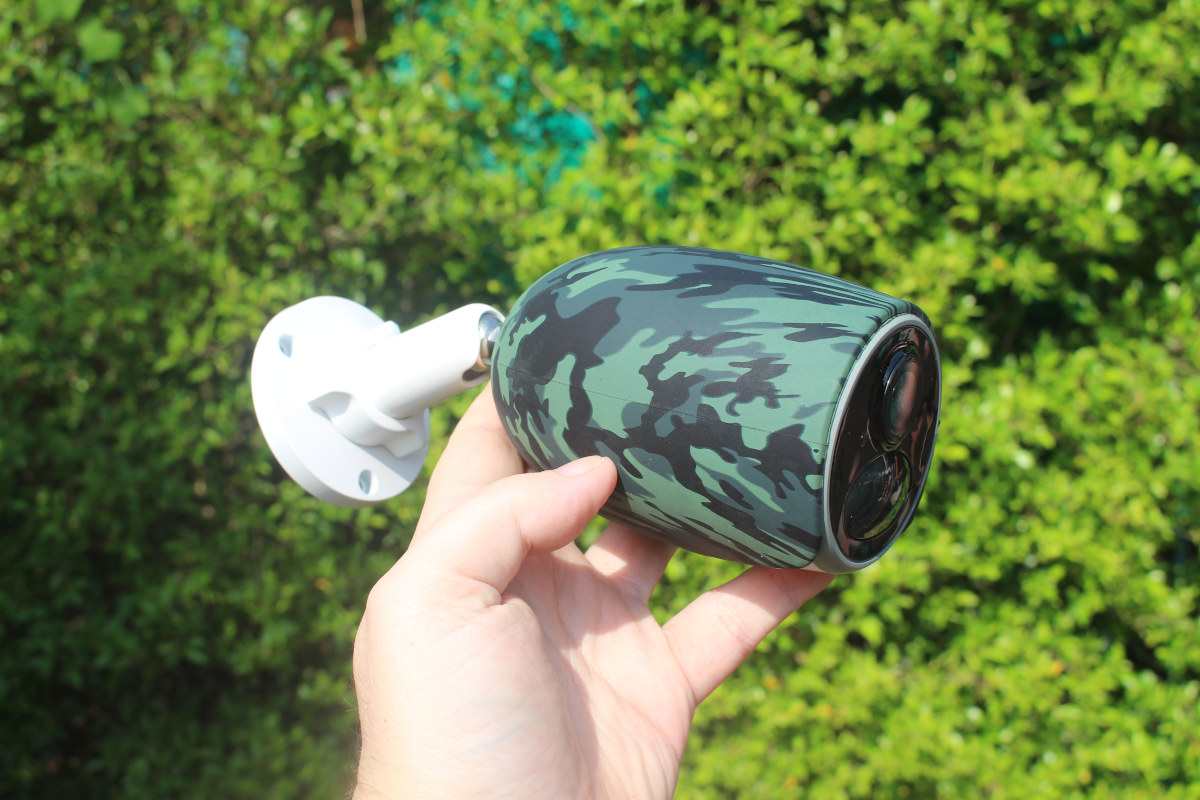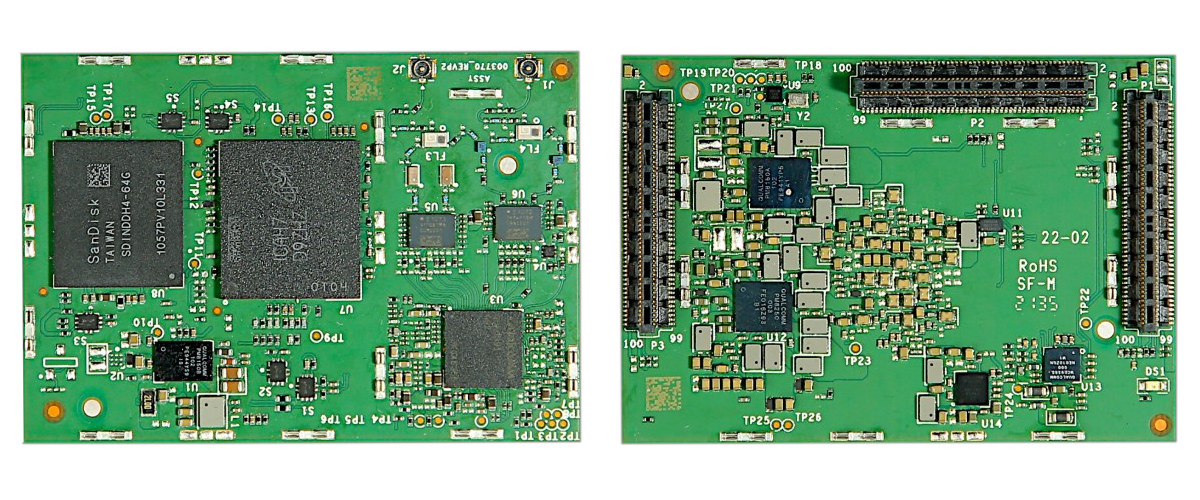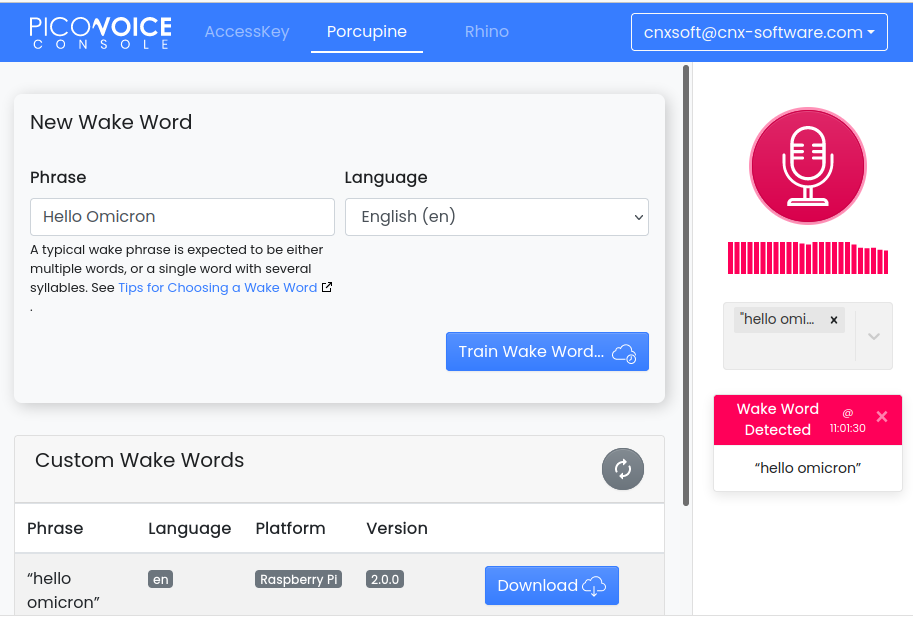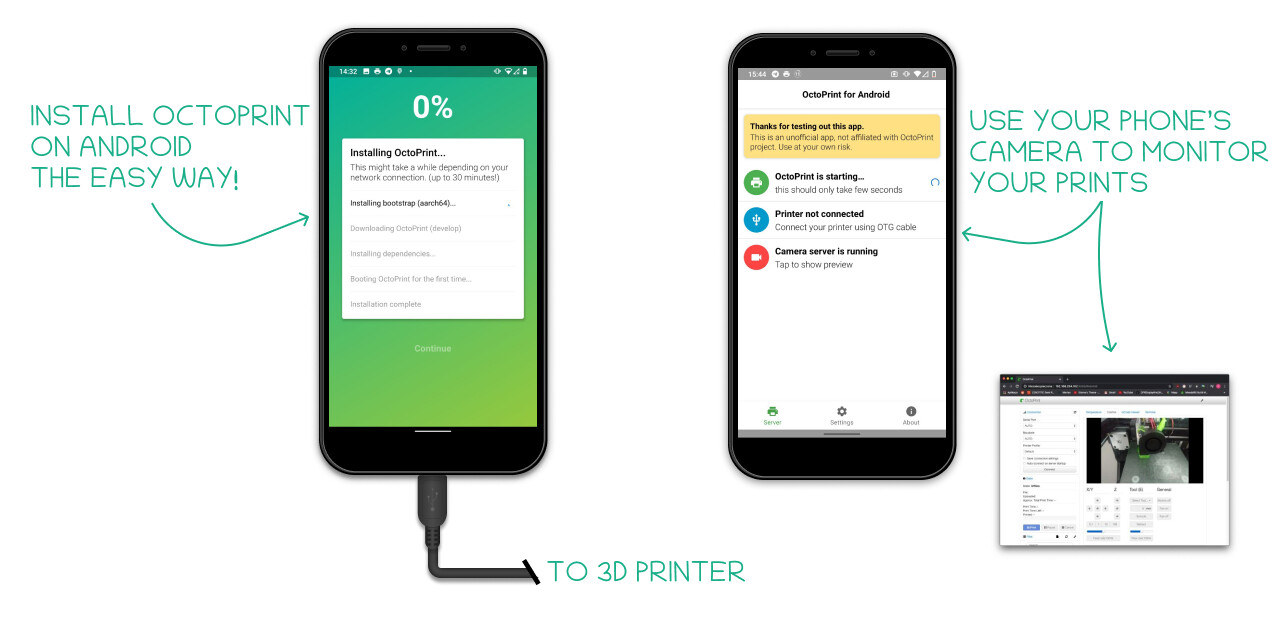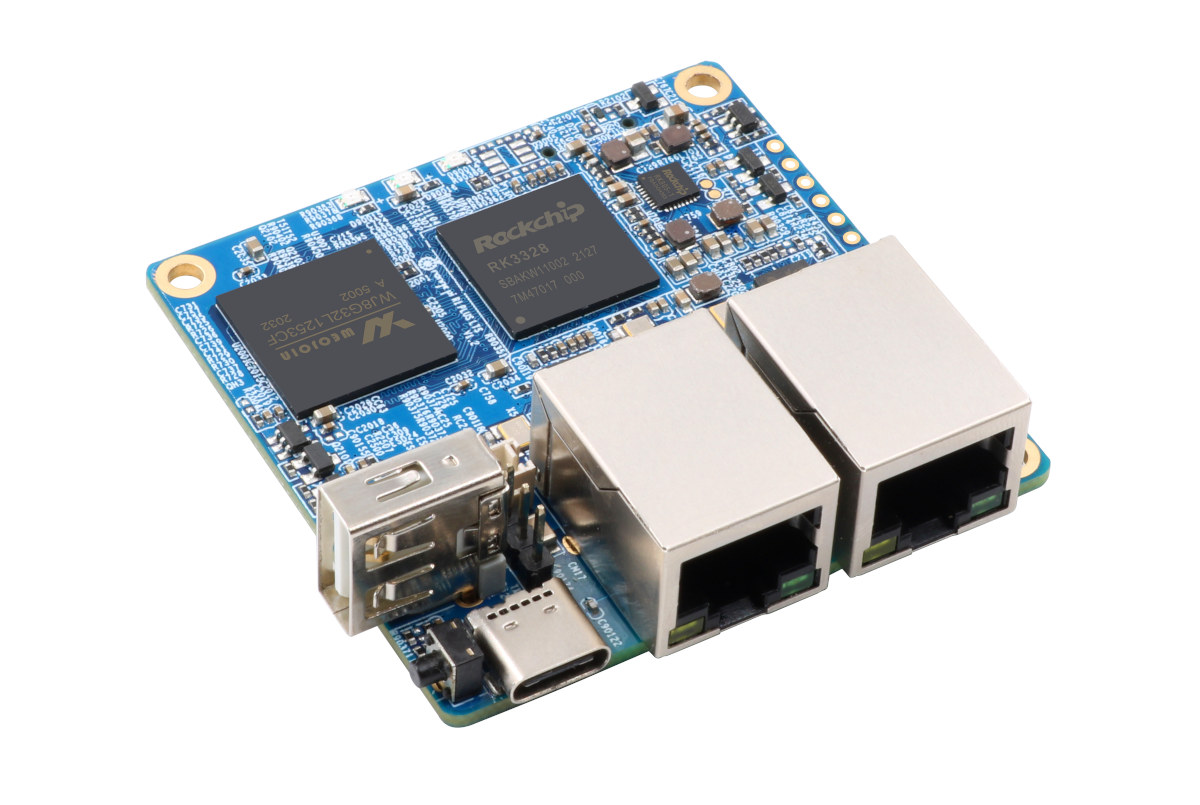As per tradition, we’ll look back at what happened during the year in the last post, and see what 2022 may have in store, plus the usual statistics from CNX Software website. The biggest story of 2021 has to be the worsening of semiconductors shortages with extremely long lead times, prices of some components going up multiple folds, constant complaints on Twitter about availability and prices. I think I even saw a website, hopefully misconfigured, showing an estimated availability of a specific STM32 MCU in 2037. This also gave rise to opportunities and board redesigns, with MotorComm Ethernet chips replacing some Realtek chips in SBCs such as NanoPi R2C and Orange Pi R1S Plus LTS, and CH9102F showing up as a replacement for CP2104 in some IoT boards. We also got some interesting Arm processors, but sadly the high-expected Rockchip RK3588 got delayed by another year, although it’s getting really […]
UGOOS UT8 PRO – An RK3568 TV box with 8GB RAM, 64GB storage
UGOOS UT8 PRO is the first TV box I’ve seen with a Rockchip RK3568 processor, if we exclude Firefly Station P2 that’s more like an Arm Linux mini PC. The device runs Android 11 and is equipped with 8GB RAM, 64GB eMMC flash, and offers WiFi 6 connectivity. There’s also the “UGOOS UT8” with basically the same features except it ships with 4GB RAM and 32GB flash, and a dual-band WiFi 5 and Bluetooth module. We previously had seen TV boxes and mini PCs with the similar Rockchip RK3566 SoC in T95 Plus, H96 Max, and Zidoo M6, and the only reason for going with RK3568 in UGOOS UT8 (PRO) should be the extra USB 3.0 host/OTG interface, adding to the USB 3.0 host interface found in both RK3566 and RK3568 processors. UGOOS UT8 (PRO) specifications: SoC – Rockchip RK3568 with a quad-core Cortex-A55 processor @ up to 1.8/2.0GHz, Arm […]
$35 Orange Pi 3 LTS SBC comes with 2GB RAM, 8GB flash, AW859A WiFi 5 and Bluetooth 5.0 module
Orange Pi 3 LTS is a cost-down, more compact version of Orange Pi 3 SBC launched in 2019 with Allwinner H6 quad-core Cortex-A53 processor, Gigabit Ethernet, four USB 3.0 ports, and mPCIe socket with a PCIe x1 Gen2 lane. AFAICR, the latter never really worked well due to a botched implementation in the SoC. The new slimmed-down Orange Pi 3 LTS is sized like a business card, loses the mostly useless mPCIe socket from the original board, comes with 2GB LPDDR3 RAM (no more 1GB RAM option), a lower number of USB ports, USB Type-C power input, and an Allwinner AW859A WiFi and Bluetooth module replaces the Ampak AP6256 module from the original board. Orange Pi 3 LTS specifications: SoC – Allwinner H6 quad-core Cortex A53 processor clocked at up to 1.8 GHz with Arm Mali-T720MP2 GPU supporting OpenGL ES 3.1/3.0/2.0/1.1, DirectX 11 System Memory – 2GB LPDDR3 (before 1GB […]
Reolink Go Plus 4G smart security camera with solar panel – Unboxing and first setup
I’ve received several Reolink IP cameras either connected over WiFi or Ethernet, but the company has just sent me Reolink Go Plus 4G security camera together with a solar panel that would let me access the camera from anywhere with cellular network connectivity. Reolink Go Plus integrates a 4MP camera and supports person and vehicle detection, just like Reolink RLC-810A model I reviewed earlier this year. I have three Reolink cameras, and I’m somewhat satisfied except that the connection to WiFi cameras is often unreliable, and I have to rely on Cloud backup to play video captures most of the time. The Ethernet-connected Reolink RLC-810A has a much more reliable connection. So I’ll have to see if the Reolink Go Plus camera is more accessible over 4G LTE than WiFi cameras. I’ll start the review by checking out the packages and going through the initial setup for the Reolink Go […]
Inforce 68A1 SoM supports up to seven 4Kp120 cameras, dual 4Kp120 video encoding/decoding
SMART Wireless Computing has announced the Inforce 68A1, a compact system-on-module based on Qualcomm QCS8250 IoT processor with support for up to seven concurrent 4Kp120 camera inputs, and decode/encode two 4Kp120 video streams simultaneously. Equipped with 8GB PoP DDR5 memory, 64GB UFS storage, a wireless module supporting 802.11ax Wi-Fi 6E and Bluetooth 5.1, the module is designed for high-end IoT applications such as smart cameras, video collaboration, AI hubs, connected healthcare, and smart retail. Inforce 68A1 specifications: SoC – Qualcomm QCS8250 octa-core Kryo 585 processor up to 2.84 GHz (high-performance cores) or 1.8 GHz (low power cores) with Adreno 650 GPU, Adreno 665 VPU, Adreno 995 DPU, Hexagon DSP with quad HVX, NPU230 neural processing unit, Spectra 480 ISP; 15 TOPS AI processing power System Memory – 8GB LPDDR5 (PoP) Storage – 64GB UFS flash Wireless – Qualcomm QCA6391 with 802.11 a/b/g/n/ac/ax Wi-Fi 6 2×2 MIMO, Bluetooth 5.1 Audio – […]
PicoVoice offline Voice AI engine gets free tier for up to 3 users
PicoVoice offline Voice AI engine has now a free tier that allows people to create custom wake words and voice commands easily for up to three users on any hardware including Raspberry Pi and Arduino boards. I first learned about PicoVoice about a year ago when the offline voice AI engine was showcased on a Raspberry Pi fitted with ReSpeaker 4-mic array to showcase the company’s Porcupine custom wake word engine, and Rhino Speech-to-Intent engine. The demo would support 9 wake words with Alexa, Bumblebee, Computer, Hey Google, Hey Siri, Jarvis, Picovoice, Porcupine, and Terminator. More importantly, the solution allows you to easily create your own custom words in minutes from a web interface by simply typing the selected wake word, with no need for hundreds of voice samples or waiting weeks to get it done. So I tried “Hey You” first, but I was told it was too short, […]
Octo4a app installs OctoPrint server on Android smartphones
Octoprint is a popular open-source 3D printer controller software that runs on Raspberry Pi boards, Orange Pi Lite SBC, Amlogic TV boxes, and other devices. But considering many people may already an older, perfectly working smartphones at home, FeelFree (Filip) decided to create the Octo4a project that install an Octoprint server on Android smartphones. It makes perfect sense since many smartphones come with a USB OTG interface that can connect to the 3D printer for control, while the touchscreen display is used for the user interface, and the camera to monitor your prints. SSH could be used to access the phone Octoprint server and change the settings manually. You can access the source code and APK files on Github. You’ll need to enable third-party apps in the settings before installing the app in order to install Octoprint on the phone. The only required permission is storage, except if you’d like […]
Orange Pi R1 Plus LTS is a cheaper dual GbE SBC with YT8531C Ethernet transceiver
It’s been a while since Shenzhen Xunlong Software released a new Orange Pi board. But the wait is over… sort of, as Orange Pi R1 Plus LTS is a low-cost version of Orange Pi R1 Plus SBC that replaced the Realtek RTL8211E PHY with a YT8531C Ethernet PHY that offers the exact same features but at a lower price. That means the new single board computer is still designed for headless operation, for example a router or firewall, with a Rockchip RK3328 processor, 1GB RAM, dual Gigabit Ethernet, and a USB 2.0 port. Orange Pi R1 Plus LTS specifications: SoC – Rockchip RK3328 quad-core Cortex-A53 @ 1.5 GHz with Arm Mali-450MP2 System Memory – 1GB LPDDR3 RAM Storage – MicroSD card slot, 16 MB SPI flash Connectivity – 2x Gigabit Ethernet via YT8531C Ethernet PHY and RTL8153B USB 3.0 to Ethernet chip USB – 1x USB 2.0 port, 1x USB-C OTG […]


